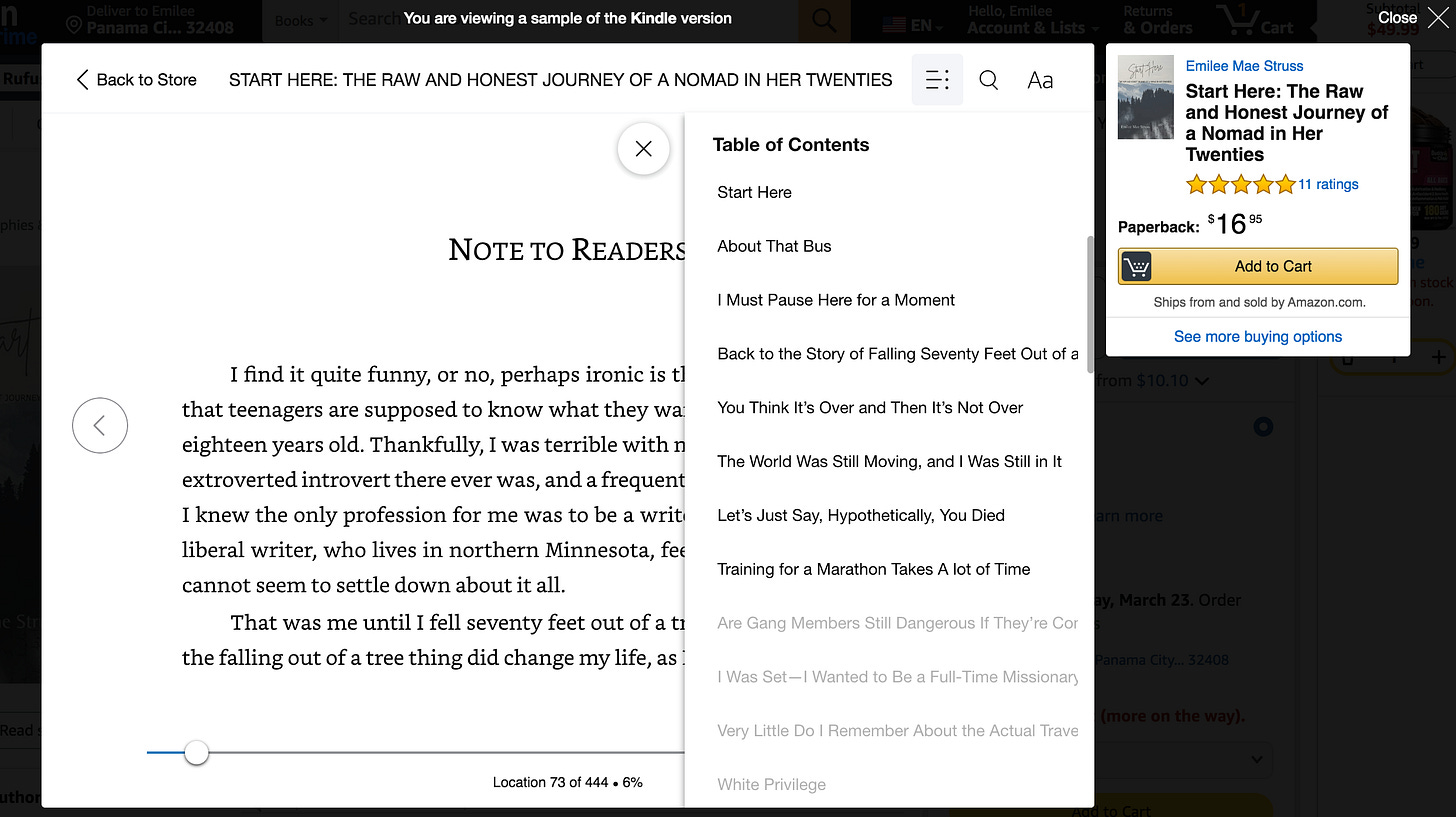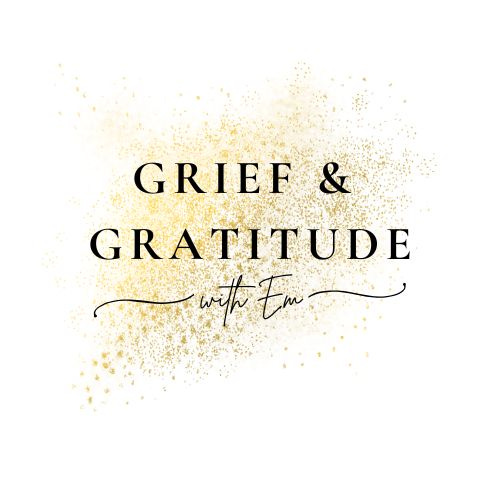I had two choices for an elective this semester: Family Violence or Grief and Bereavement.
About half of our cohort was highly interested in Family Violence as a master's level social work course. The other half of us were highly interested in Grief and Bereavement. I chose the latter of two.
At the start of the semester, I kind of felt frustrated with learning about different models or theories of grieving - because I felt like no matter which way you slice this thing it's still gut-wrenchingly painful.
I learned, however, that the five stages of grief (denial, anger, bargaining, depression, and acceptance) were never meant to apply to the survivors of the deceased. They were meant for the individual facing their own terminal illness and death.
This blew my mind because the five stages of grief are widely known and used.
At that moment, I realized how little we know about grief in America.
Why we don't have processes, ceremonies, and acknowledgment of loss and grief (intense things we will all experience) is beyond me. We've made some progress, but time off of work for the bereaved and support is extremely lacking.
It's wrong, in my opinion, for work to take precedence over the most challenging part of human life. We need time. Our bodies need time. Our spirits need time. Our families need time. We deserve time.
Without having to worry about losing our income.
Because, ya know, we still have to go on living SOMEHOW.
Figuring out how to move forward with life is where William Worden's Tasks of Mourning come into play. He calls them tasks because grief work is not a passive process - it is an active process. There is something we can do. Instead of just allowing life to plow us down, force the pain away, and keep moving on— there's a scientifically proven framework that can help grieving individuals process the loss, find meaning, and move forward.
The tasks are as follows:
TASK ONE: TO ACCEPT THE REALITY OF THE LOSS
This task is the opposite of denial. Denial would be refusing to accept the reality or the finality of the loss, or minimizing the pain of the loss. Some individuals might tend to say "He wasn't a great father" or "We had a complicated relationship" to try and minimize the pain of the loss - when in reality, that is only furthering the pain and prolonging the process. It is true in this case — there is only one way forward and it's directly through it.
TASK TWO: TO PROCESS THE PAIN OF THE GRIEF
There is a German word called schmerz and Worden uses this word in describing TASK TWO. Shmerz refers to the literal physical pain that many experience in the aftermath of a loss. Not everyone experiences pain in the same way but it's impossible to lose someone you loved or were close to and not experience emotional and, and oftentimes, physical pain.
TASK THREE: TO ADJUST TO A WORLD WITHOUT THE DECEASED
Worden describes three types of adjustments one must address. External adjustments, or how the death affects one's everyday functioning in the world, internal adjustments, or how the death affects one's sense of self, and spiritual adjustments, or how the death affects one's beliefs, values, and assumptions about the world (Worden, 2018, p. 47).
TASK FOUR: TO FIND A WAY TO REMEMBER THE DECEASED WHILE EMBARKING ON THE REST OF ONE'S JOURNEY THROUGH LIFE
The fourth and final task is to find ways to memorialize the lost loved one and keep their memories alive within you. This task does not involve "moving on" from the death of a loved one. This task does not involve "forgetting about the loved one." Instead, it's focused on finding an appropriate space in one's life to carry them forward, while living effectively in the world.
I really appreciated learning that William Worden's Tasks of Mourning can be revisited as many times as needed.
Various tasks can also be worked on simultaneously. It is not so step-by-step organized, because grief isn't organized at all. It's messy, tough to understand, and nearly impossible to describe.

If you’ve lost a loved one - I am so sorry for your loss. And I’m glad you’re here.
If you’d like to join me in processing, check out the writing prompt below.
Healing Through Writing

PROMPT: What are some ways you’ve found to honor your lost loved one and carry their memories/spirit with you as you continue along the journey of life?
To learn more about Emilee’s Writing….
Read my book! If you’re interested in reading my book - in which I cover my true, honest, painful experience with loss - check it out. REVIEWS help me a ton, so please leave an honest review if you haven’t done so already.
Previews are available on Amazon - as well as the Kindle version.
My book is also available at Barnes & Noble
And BookBaby has the paperback and ebook.
Much love,
Em






